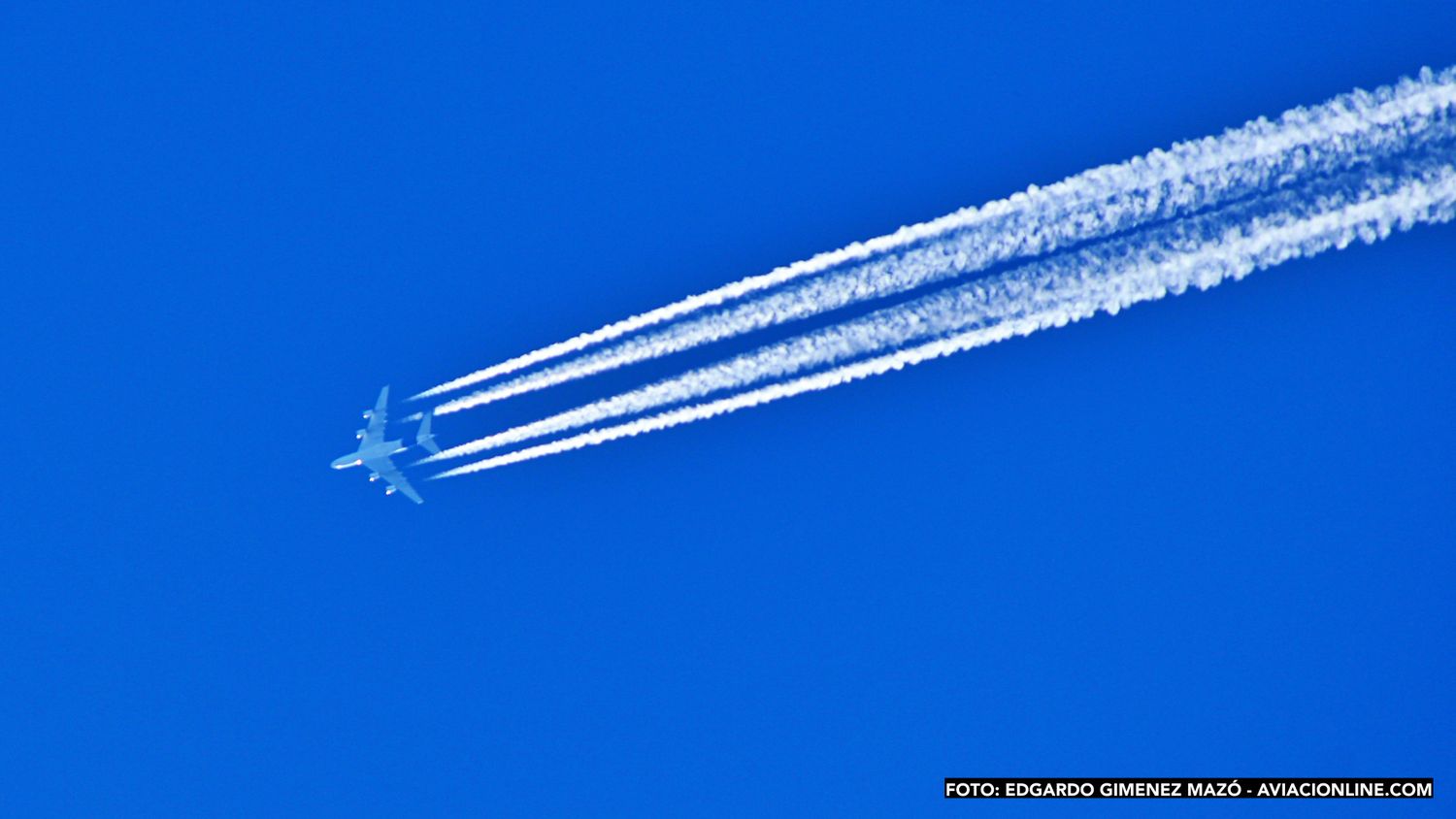Since January 2025, Airbus has been leading the PACIFIC project, a European initiative focused on studying the environmental impact of non-CO2 emissions from aviation—particularly contrails. The project involves eleven organizations from four European countries and will run through June 2028, according to the company.
According to Airbus, the goal of the PACIFIC consortium—Particle emissions, Air Quality and Climate Impact related to Fuel Composition and Engine Cycle—is to deepen the understanding of how fuel composition and engine cycles influence particle emissions, which affect both local air quality and the global climate. The research will range from laboratory testing to large-scale trials with real engines on the ground at Airbus facilities in Toulouse.
Recent studies suggest that sustainable aviation fuels (SAF) could significantly reduce soot particles and ice crystals produced by contrails, Airbus notes. However, the company emphasizes that more research is needed to fully understand how fuel composition affects these processes during combustion.
PACIFIC aims to close these knowledge gaps through controlled testing with various fuels, ensuring consistent conditions across all experiments conducted by the German Aerospace Center (DLR) and Airbus. According to the project, these trials will help improve prediction tools for soot formation and enable accurate assessments of fine particle emissions at different engine power levels.
“Tackling non-CO2 emissions is essential on our path toward truly sustainable flight,” said Sabine Klauke, Chief Technology Officer at Airbus. “By using an innovative ground-based testing process, we can replicate real-world conditions and gather critical data on emissions produced by different SAF compositions.”
The company states that the results of the project will enable a robust evaluation of the economic and environmental benefits of various fuel options, providing key insights for future regulations and technical specifications aimed at reducing climate impact and improving air quality around aviation.
The consortium includes major industry players such as Rolls-Royce in Germany and the UK, Neste in Finland, academic institutions like Johannes Gutenberg University Mainz and the University of Sheffield, and the German Aerospace Center (DLR), among others.


Comentarios
Para comentar, debés estar registrado
Por favor, iniciá sesión